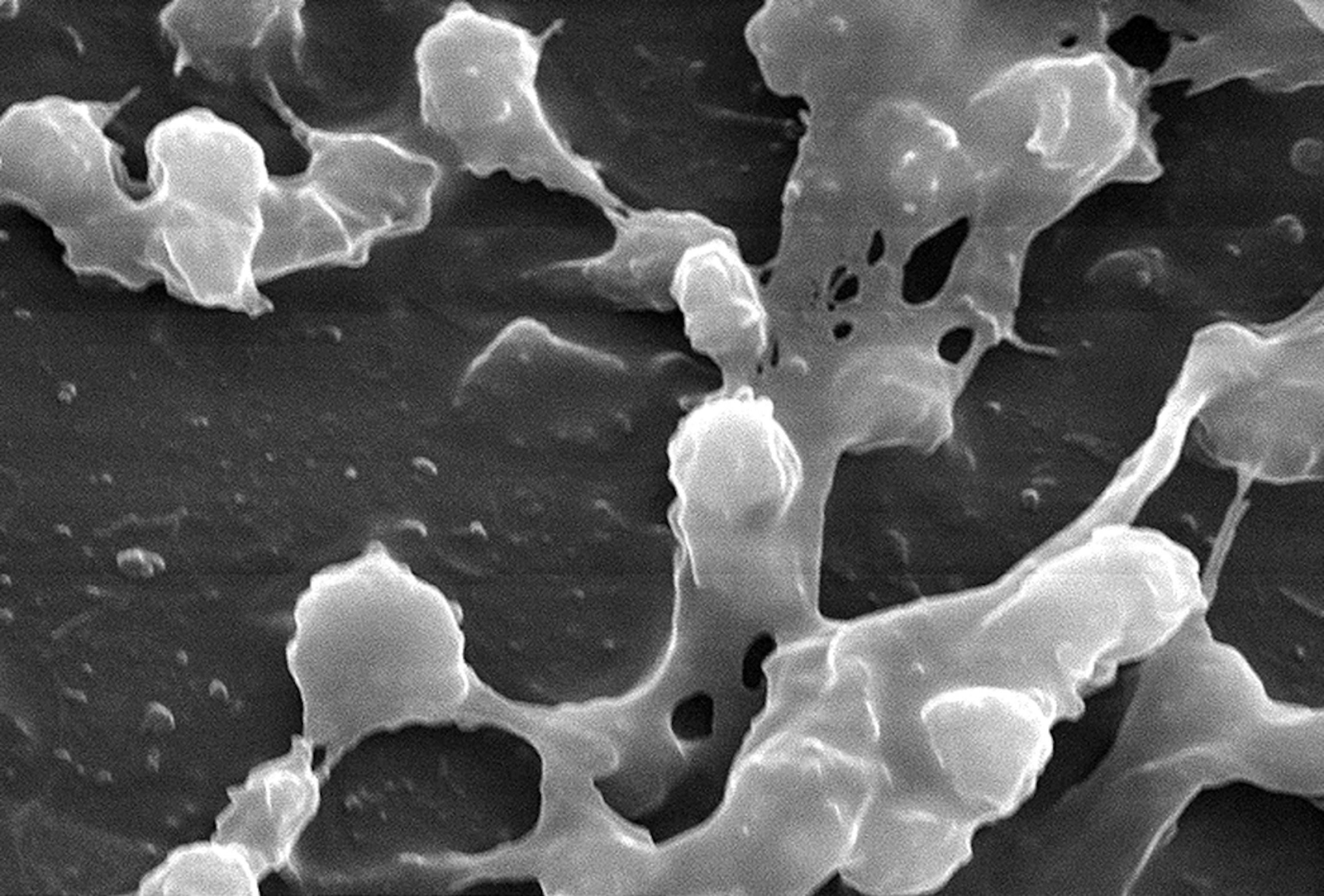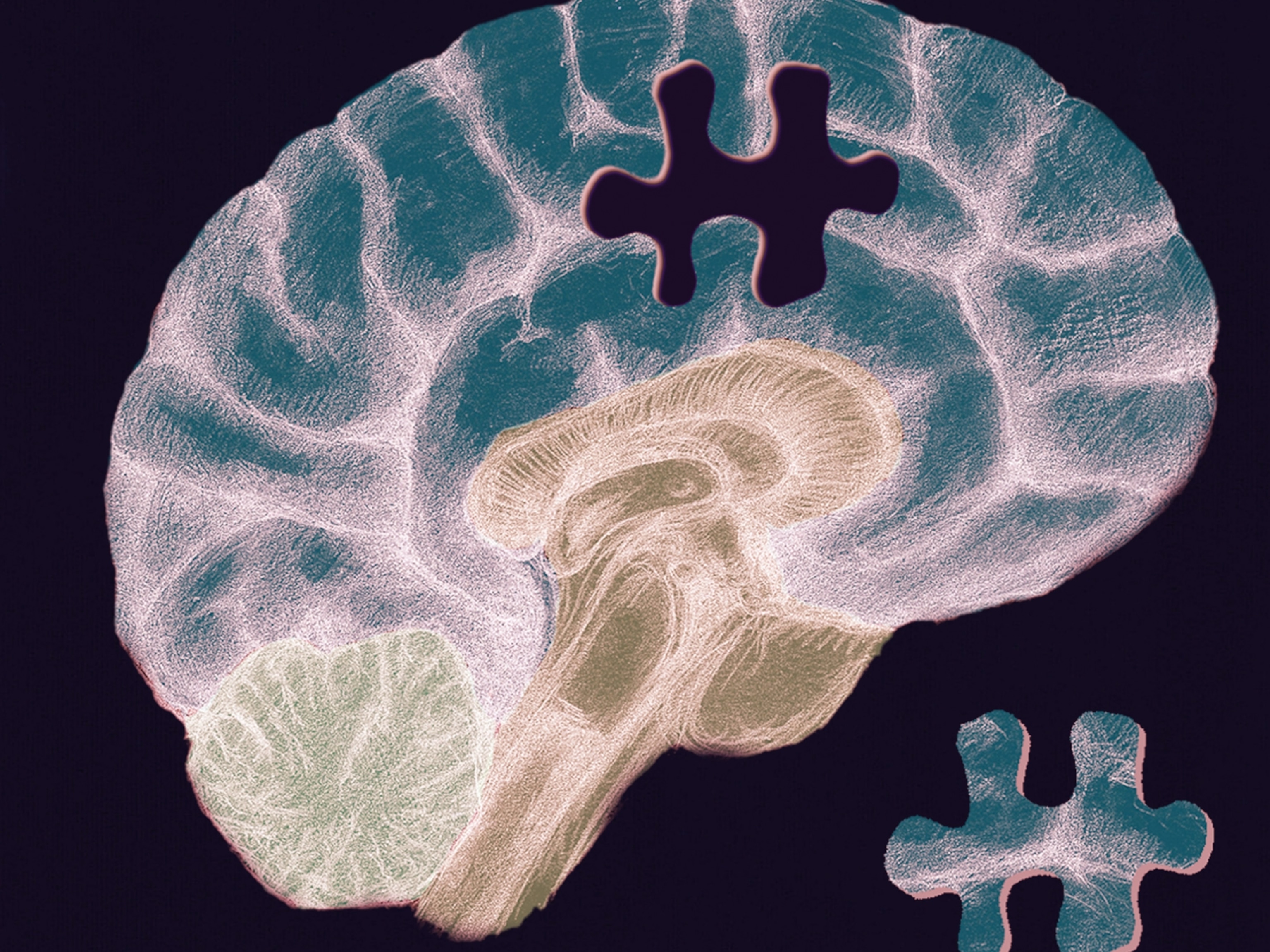
Evolution Surprise: Bacteria Have "Noses," Can Smell
Discovery suggests sense of smell evolved earlier than thought.
Stinky feet, smelly garbage, pungent cheese: Some of the world's most intense odors are produced by bacteria. Now scientists have found that the single-celled organisms have their own "noses," which can sense smells.
Studies of two species of soil bacteria showed that both colonies could detect the scent of airborne ammonia.
"Ammonia is the simplest nitrogen source [needed] for bacteria to grow," said study co-author Reindert Nijland, who conducted the research at Newcastle University in the U.K.
"If they can sense ammonia and somehow migrate toward that source, that would be very beneficial."
In fact, when bacteria colonies were exposed to ammonia gas in the lab, the individual cells of each species joined together to form a slimy "biofilm."
Slime formation slowed down as the rival colonies got farther apart, suggesting the reaction is an attempt to spread out and win a turf war with nearby competitors—therby gaining access to the ammonia.
The discovery means that bacteria use at least four of the five senses. In addition to smell, the organisms respond to light (sight), to physical contact with others of their species (touch), and to direct contact with chemicals (taste).
(Related: "Better Smellers are More Sympathetic, Study Says.")
Bacteria First to Evolve Smelling?
Nijland and colleagues haven't yet found the bacterial nose, but the scientists think it will be a protein sensor in the cell wall that somehow binds with airborne chemicals.
(See also "Scent Secrets Unlocked, Artificial Noses Ahead?")
Figuring out how bacteria smell can in turn help scientists control biofilms. Such noxious slimes are major hazards to human health, said Nijland, now with the University Medical Center in Utrecht, the Netherlands.
Biofilms encourage persistent infections, because the slimy films protect bacteria from antibiotics and even from attacks from the human immune system.
"At the hospital we daily encounter pathogenic bacteria films on all kinds of artificial implants, like heart valves, and that's a major problem," he said.
(Related: Could you have alien bacteria living in your nose?)
In an evolutionary sense, the finding also means that bacteria may be examples of how living creatures first learned to smell one another. (See also "Smells Influence Dreams, Study Says.")
"It was thought for a long time that olfaction existed only in complex organisms, but in the last couple of years it's been shown that yeast and slime molds can also smell," Nijland said.
"Now we see that bacteria are capable of doing the same, so the indication is that [the ability] may have evolved even earlier."
The bacteria-smell paper is published online this week in the Biotechnology Journal.



